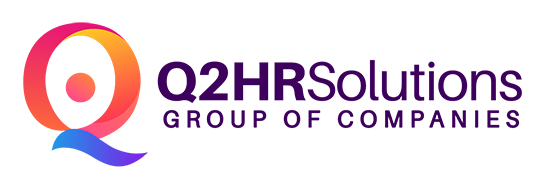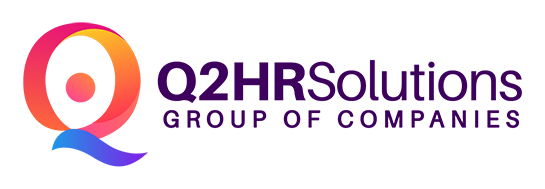The People Pulse
In a time of business crisis and uncertainty, employees carry a huge amount of anxiety as they tackle issues beyond business sustainability. Checking up on your employees' well-being is equally as important as the strategic decisions you are taking to navigate this challenging time. After all, we do say "people are our best assets", right?
These past few months, HR departments have been the focal point in crisis response, as companies raise concerns on (1) the Health and Safety of Employees, (2) Transition to Remote Work, (3) and Cost Reduction. This meant that the focus and attention of HR leaders shifted towards business sustainability, and rightfully so as efforts need to be placed to ensure that the business survives this pandemic. This sudden shift not only has jolted HR departments but more so the employees.
It's easy to dismiss that the employees may still have trouble coping with the situation months after the government has instructed lockdowns and community quarantine. Also, the physical distance adds to the challenge in temp-checking people; what used to be a quick casual one-to-one at a nearby Starbucks has now turned in to a zoom call.
To address this concern, progressive companies have implemented innovative solutions to reach out to employees. Some of these ideas include End-of-Week Wine Party (some have resorted to E-numan sessions), Social Chatgroups, and Weekly Townhalls.
Not long ago (Before Covid-19), Q2 HR Solutions piloted its employee pulse-checking mechanism called "The Happiness Index". In an interview last January of 2019, Med Gelacio - the company's HR Director shared "The Happiness Index is an HR tool for us to capture the pulse of the people regularly by releasing one question every week on different topics. By doing so, the feedback we get is immediate. Therefore, the intervention becomes more relevant as it addresses the now and not wait for the annual survey."
More than a year after its launch, it has proven to be pivotal in the organization's engagement efforts during the pandemic.
Simple yet Effective
The Happiness Index is conducted in a simple survey format shared regularly as a #3PMFridayRitual on the company's internal social media page. It's a single theme per week with just 1 to 3 questions. Q2's HR team craft purposive questions to check on employees' wellbeing and overall organizational health. In this manner, employee feedback becomes data points to track, assess, and address. To respond, employees just need to choose from a 1-5 Happiness Scale (from Strongly Disagree to Strongly Agree) Here are examples of the items asked:
The direction of Q2 moving forward is clear to me
I believe management is addressing my concerns and my suggestions are given serious consideration
I understand how my job contributes to the organization's goals and objectives
I feel healthy (mentally, physically, spiritually socially)
In case necessary, I'll be ok if I have to go to the headquarters in Makati City when ECQ is lifted and GCQ is implemented.
Results from Employee Feedback
There would be no point in collecting data if necessary action won't be taken. The principle behind the Happiness Index is to gain agility and speed in delivering what's best for the employees. One of the foundational elements of the program is trust, this is manifested by giving employees access to help in organizational decision making.
Some of the successes of this program include the introduction of Flexible Work Arrangement months before COVID-19 started - this allowed less adjustment on how to manage people's timekeeping when the government ordered community quarantine. More recently, employees were asked about their current state while on lockdown. This has helped the HR team develop means to address the social gap of people by introducing regular engagement activities such as town halls, online competitions, and helpful content addressing what they want to know.




